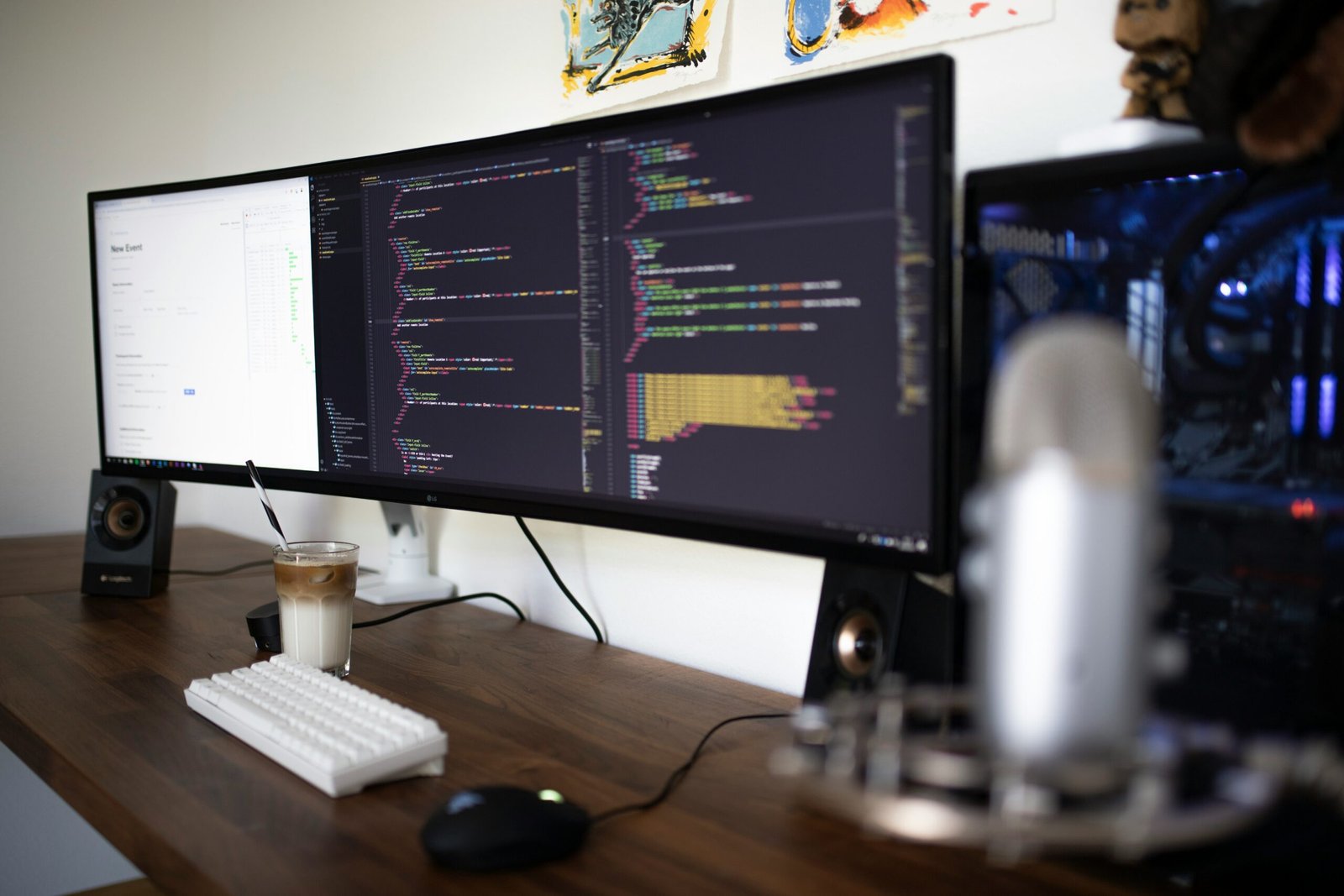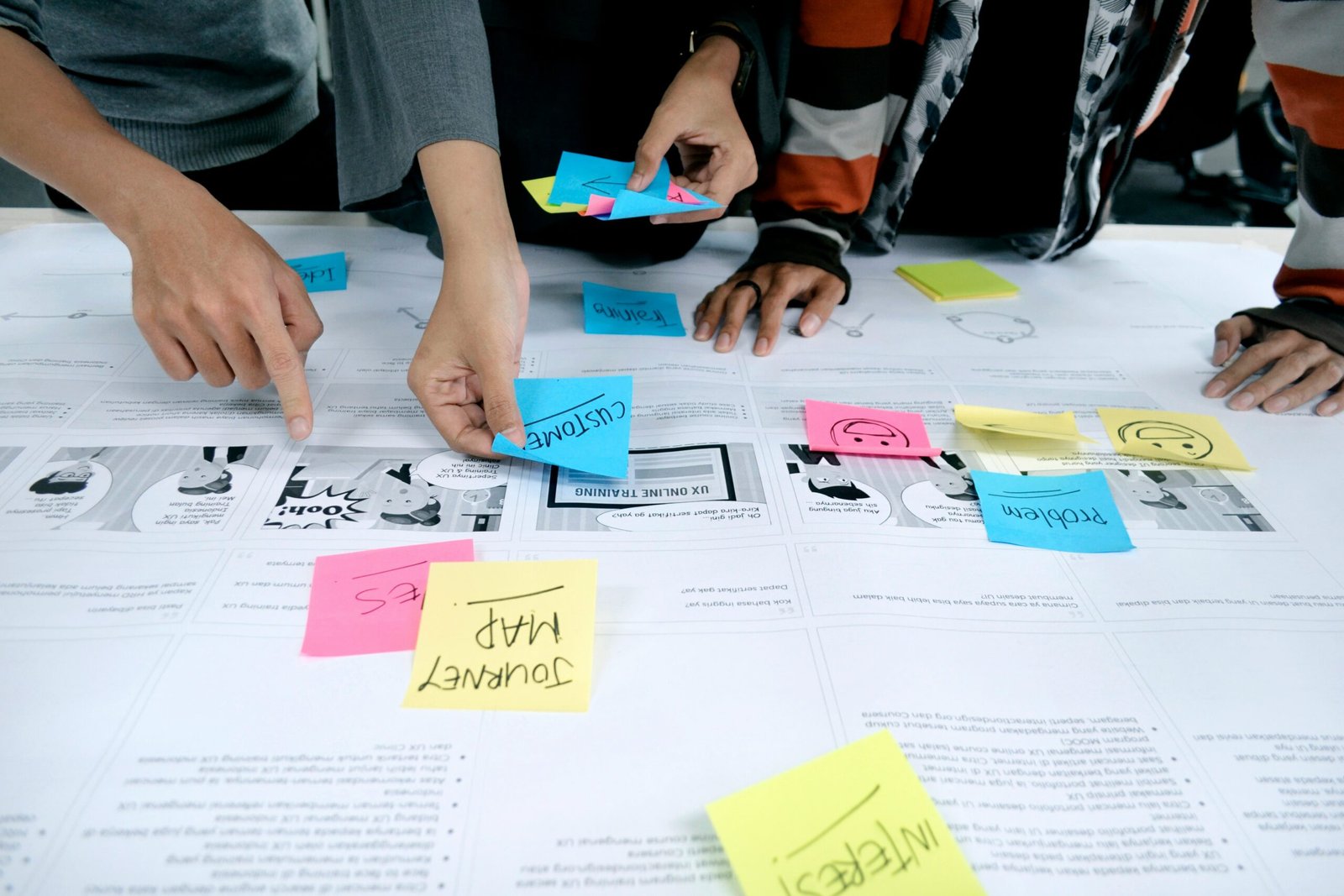
Photo by <a href="https://unsplash.com/@absolut" rel="nofollow">Absolut</a> on <a href="https://unsplash.com/?utm_source=hostinger&utm_medium=referral" rel="nofollow">Unsplash</a>
The Future of Artificial Intelligence: Trends and Predictions
Artificial Intelligence (AI) has become an integral part of our lives, revolutionizing various industries and transforming the way we live and work. As technology continues to advance at an unprecedented rate, the future of AI holds immense potential and promises to bring about even more significant changes. In this article, we will explore some of the key trends and predictions for the future of artificial intelligence.
1. Increased Automation
One of the most prominent trends in the future of AI is increased automation across industries. AI-powered systems and robots are already being used in manufacturing, logistics, and customer service, among other sectors. As technology advances, we can expect to see more tasks being automated, leading to increased efficiency and productivity.
2. Personalized Experiences
AI has the ability to analyze vast amounts of data and provide personalized experiences to users. In the future, AI will continue to play a crucial role in delivering tailored content, recommendations, and services. From personalized shopping experiences to customized healthcare solutions, AI will enable businesses to better understand their customers and provide them with more relevant and meaningful experiences.
3. Advancements in Machine Learning
Machine learning is a subset of AI that focuses on enabling systems to learn and improve from experience without being explicitly programmed. As technology progresses, we can expect significant advancements in machine learning algorithms and techniques. This will result in more accurate predictions, better decision-making, and improved problem-solving capabilities.
4. Enhanced Natural Language Processing
Natural Language Processing (NLP) is a branch of AI that deals with the interaction between computers and human language. With the advancements in NLP, we can expect AI systems to better understand and interpret human language, leading to more natural and meaningful interactions. This will have a profound impact on various industries, including customer service, virtual assistants, and content creation.
5. Ethical Considerations and Regulations
As AI becomes more pervasive, there will be a growing need for ethical considerations and regulations. Issues such as data privacy, bias in algorithms, and job displacement will need to be addressed to ensure that AI is used responsibly and for the benefit of society. Governments and organizations will play a crucial role in establishing guidelines and regulations to govern the development and deployment of AI systems.
6. Integration of AI with Internet of Things (IoT)
The Internet of Things (IoT) refers to the network of interconnected devices that can communicate and exchange data. AI has the potential to enhance the capabilities of IoT devices by enabling them to analyze and make sense of the vast amount of data they generate. This integration of AI and IoT will lead to the development of smart homes, autonomous vehicles, and intelligent cities, among other applications.
7. Continued Research and Innovation
The field of AI is constantly evolving, and research and innovation will continue to drive its future. Scientists, engineers, and technologists are working tirelessly to push the boundaries of AI and unlock its full potential. As new breakthroughs are made, we can expect to see even more exciting applications and advancements in the field of artificial intelligence.
In conclusion, the future of artificial intelligence holds immense potential and promises to bring about significant changes in various industries. Increased automation, personalized experiences, advancements in machine learning and natural language processing, ethical considerations and regulations, integration with IoT, and continued research and innovation are some of the key trends and predictions for the future of AI. As we embrace the possibilities of AI, it is important to ensure that it is used responsibly and for the benefit of humanity.





